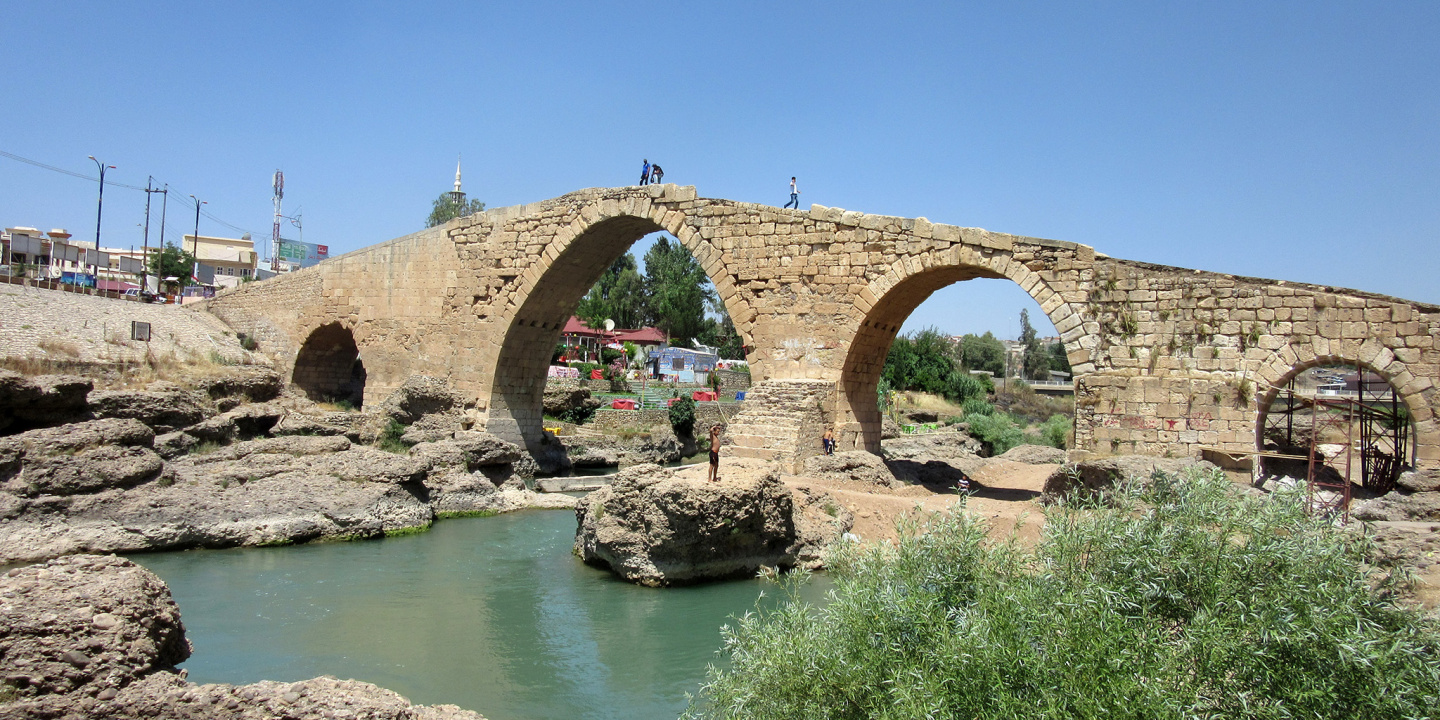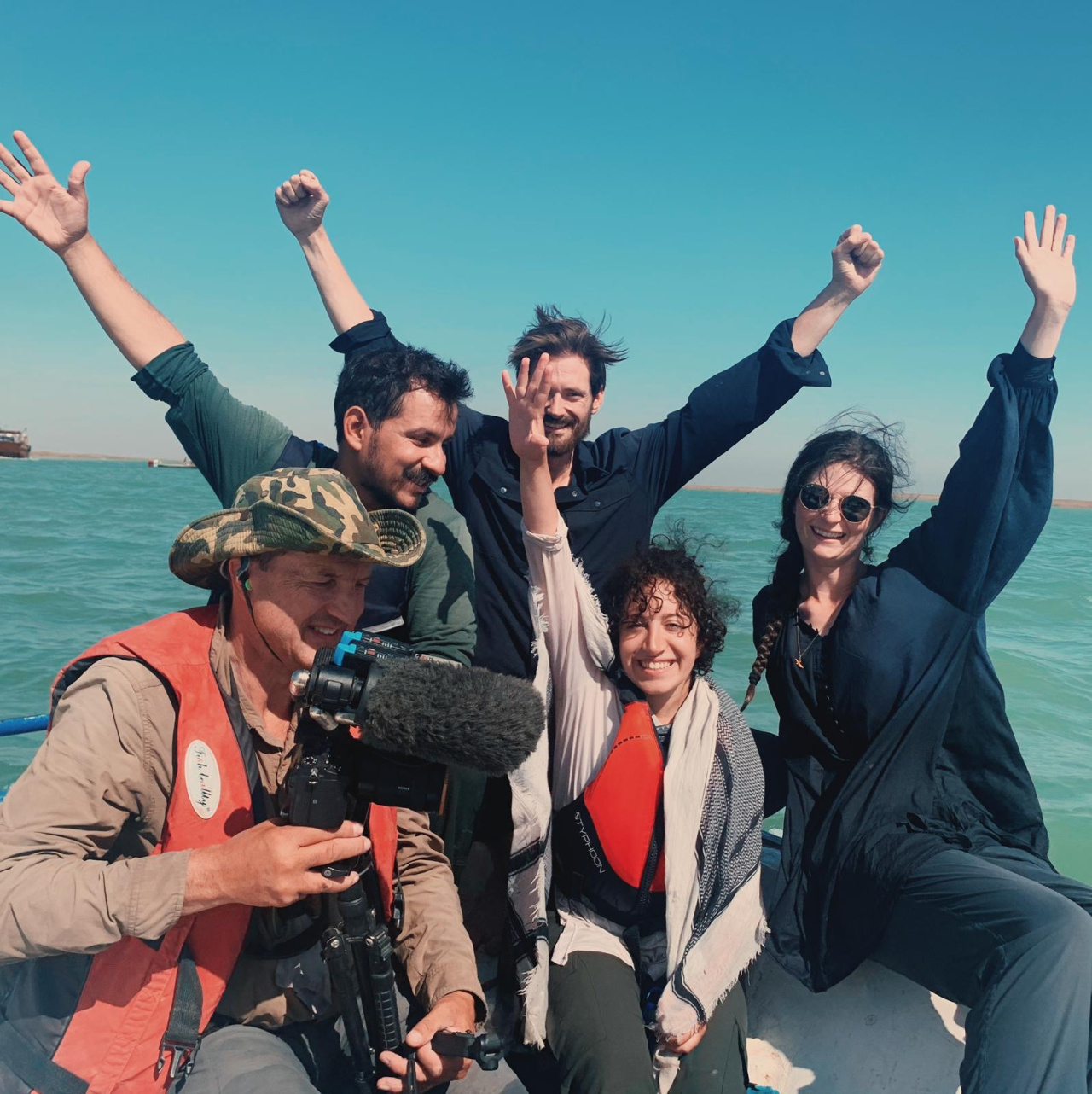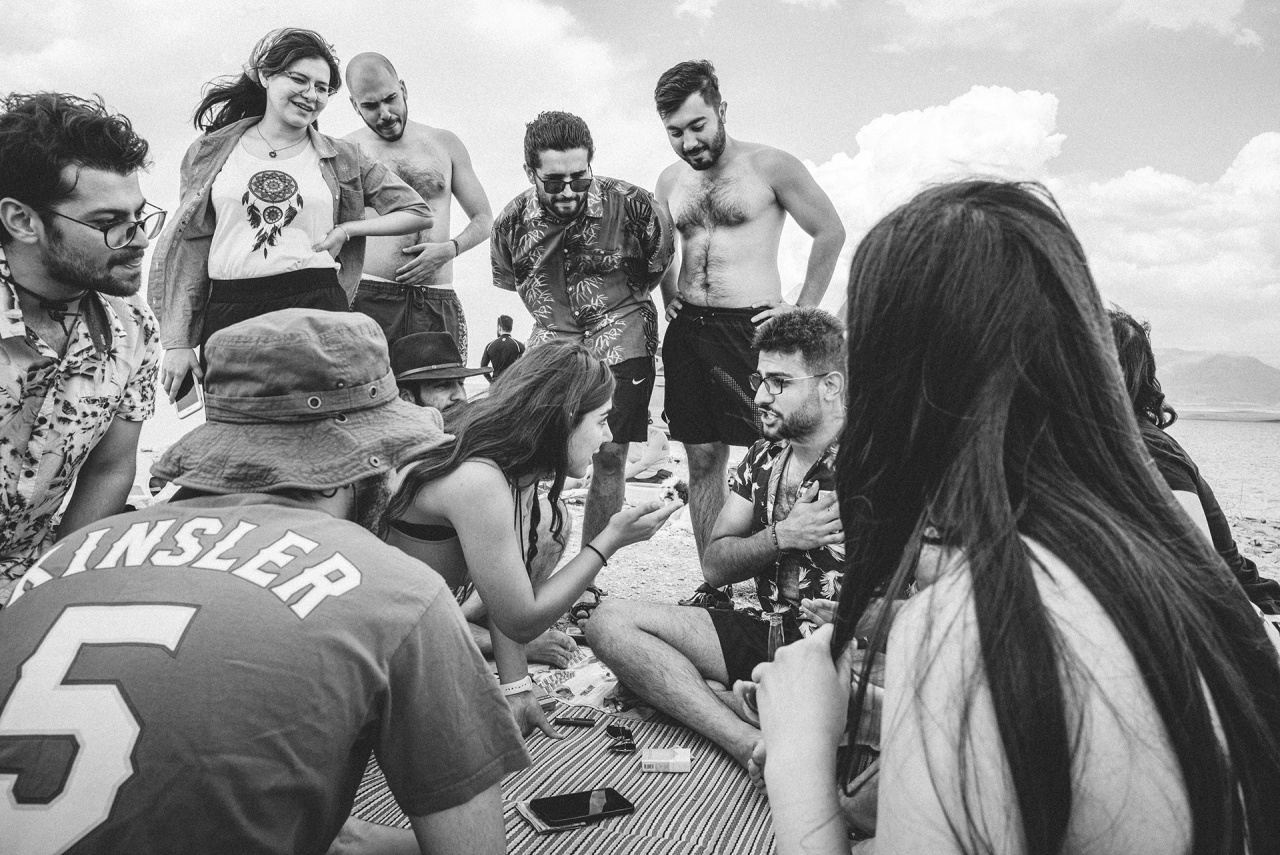Cultural Heritage Preservation

Preserving the cultural heritage of today’s Middle East is essential to the Abraham Path mission. We believe that we can connect history with the present day by walking trails, documenting the evolution of rituals and practices, and celebrating the diversity of traditions that enrich this region. From Abraham’s legendary walk through ancient Mesopotamia and the hospitality he showered on strangers he and his family met, to traditions of embroidery in the Aramaic-speaking Syriac Catholic community of the Nineveh Plains. From ethnic minority agricultural practices along the Tigris River, to multi-generational families of olive oil soap-makers on the Jordan River. And from recipes requiring eggplants from a tiny town in Syria to Bedouin songs extending from Sinai to the Arabian peninsula. Together with the tangible heritage of ancient cities and storied kingdoms, these comprise the mosaic of human history that was and is the soul of the region we call “the Middle East.”
Living Legacies: Cultural Heritage Traditions in Nineveh
With generous funding from the ALIPH Foundation, API and local partners documented imperiled heritage practices in Nineveh, Iraq for posterity and as reminders for contemporary and future communities. We focused on two minority religious communities, Ezidis (aka Yazidis) and Syriac Catholics.
The Ezidi practice of xêr (shared blessings) is seen through days of fasting and feasting, and overcoming the damage done by ISIS. Families in Shingal are recovering from nearly eight years of devastation. Religious practice is an important part of healing. In the films they share their pain and the promise of the future. In Bakhdeda, to the east, we filmed the weaving of the cloth onto which women have embroidered the stories of their city for centuries. We see the embroidery process itself and many occasions for use, including Palm Sunday, when women parade their hand-embroidered shals through town. Filmmakers include archival footage in their films.
Sheikh Mand Temple: A New Day Dawns
First-time filmmaker Fahed Shammo and his sister Keji share their love for the family’s partially restored shrine, Sheikh Mand, in Shingal Iraq. They've just returned from exile, having fled ISIS's near genocide of their people in 2014. This is the place their forebears built, cultivated and around which they buried their dead. The place that sheltered them before ISIS razed it. The siblings reflect on their Ezidi identity as defined by tradition and the family shrine; they ponder the future their ancestors continue to guard—despite the horrors they have endured.
Holding on by a Thread
This film tells the story of the shal, a vibrant hand-embroidered garment cherished by the Syriac Catholic community of Bakhdeda, Iraq. Through five chapters, it explores Bakhdeda’s Assyrian heritage, the intricate needlepoint techniques and folklore surrounding the embroidery tradition, and the impact of globalization on this craft. Produced and edited by Ragheed Al Banna and Baraa Jabbo—an indigenous Syriac Catholic team—under the leadership of Emmy Award-winning filmmaker Anisa Mehdi for the Abraham Path Initiative, this film ensures the preservation of a rich cultural legacy for future generations.
Wounded Tigris
API Fellow Leon McCarron's first project with the Abraham Path was to walk all the trails that Abraham Path had catalyzed in the region by 2016. His book on that adventure, The Land Beyond, A Thousand Miles on Foot Through the Heart of the Middle East, was published in 2017. Since then McCarron has led the development of API’s flagship project: a long-distance walking trail in the Kurdistan Region of Iraq. Additionally, in 2021, with former Fellow Emily Garthwaite, he spent three months paddling down the Tigris River, from source to sea, documenting the ecology, cultures, and challenges to the river’s health.

Company of Many
2021 API Fellows Lisa Dupuy and Daniel Maissan set out on a quest, aptly named Meeting Abraham, in 2019 to engage with people named Abraham or Ibrahim at each of their stops across Southwest Asia. The project began as an effort to transcend the often inaccurate tropes of the Middle East. Maissan and Dupuy strove to document - in text and photo - the communities they encountered in Jordan, Turkey, and Iraqi Kurdistan. In 2021, the project evolved into Company of Many, gathering “short stories of a bigger picture” to share ideas and experiences without limiting themselves to Ibrahims.


